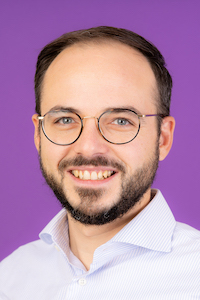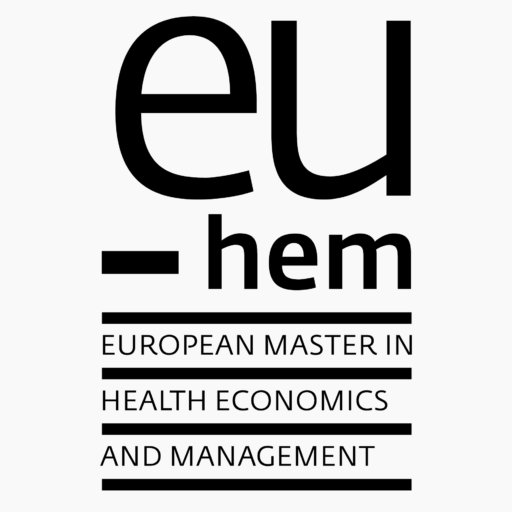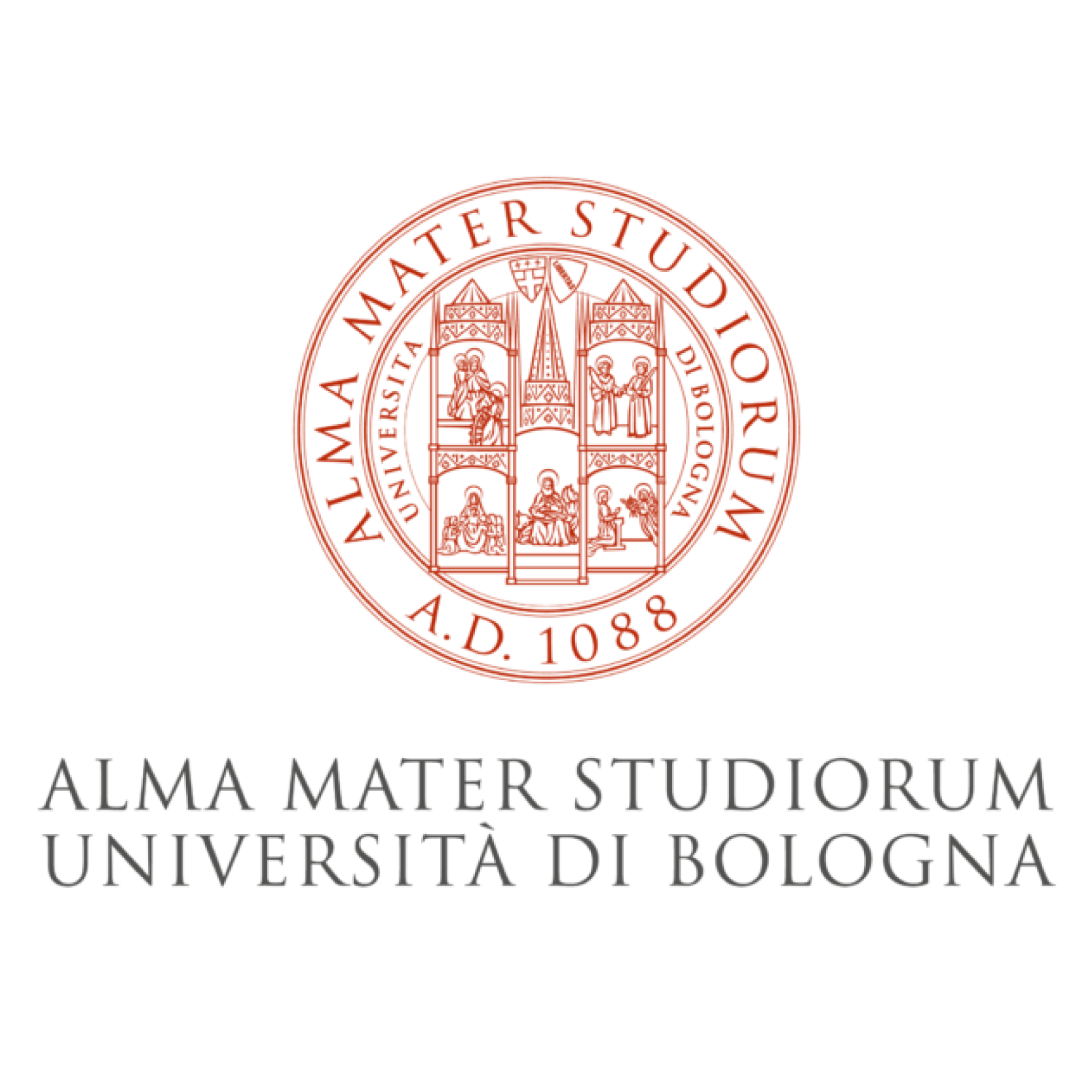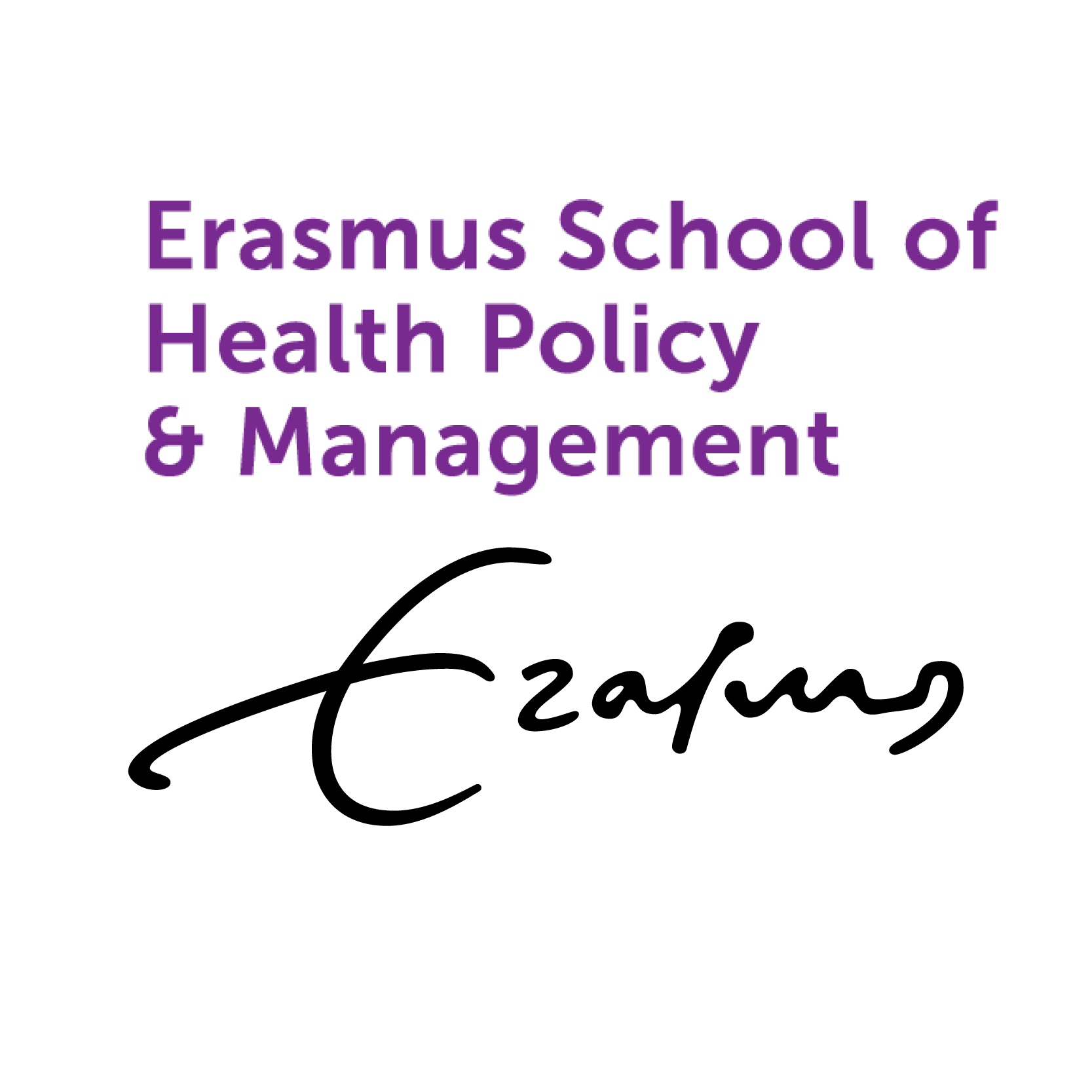ECONOMIC EVALUATION in Healthcare
You are leaving our website
All applications are handled by the University of Oslo. Since the application deadline has passed, you have the option to apply through MCI | THE ENTREPRENEURIAL SCHOOL®.
You'll be redirected to their website. There is nothing to worry about, if you follow the button below, you are really applying to the right Eu-HEM programme :).
Good luck with your application! Please come back afterwards for more Eu-HEM inspiration.
Help governments and healthcare organisations to spend their budgets wisely
What is this track?
Meet the case of Charlie
Charlie is an eight-year-old patient suffering from acute lymphoblastic leukemia (ALL) and has undergone multiple treatments, none of which have been effective.
With limited treatment options remaining, Charlie’s estimated 10-year survival rate is only 32%. Fortunately, a groundbreaking therapy recently approved by the European Medicines Agency (EMA) offers the potential to cure Charlie.
The availability of this life-saving treatment depends on Charlie’s place of residence in Europe.
The European Union (EU) aims for universality, solidarity, access to quality healthcare, and equity for all its citizens. This means that no one should be denied access to quality care, and services should be available based on patients’ needs.
Do you wonder if:
- These EU values are upheld in Charlie’s case?
- It is fair that Charlie might not receive treatment?
- There is someone to blame if Charlie is not treated?
- It is relevant that the price of this new treatment exceeds 320,000 Euros for one child, which, by the way, could help 64 adult patients walk again after hip replacement?
Can you help?
Are you passionate about making a positive impact on healthcare decision-making? Are you interested in addressing the ethical and economic dilemmas surrounding healthcare interventions? If so, this track is for you!

Frederick Thielen
Erasmus University Rotterdam
If you have any questions regarding this track, don’t hesitate to reach out to me.

Eline Aas
University of Oslo
If you have any questions regarding this track, don’t hesitate to reach out to me.
“Decision-makers need accurate information to navigate the delicate balance between limited resources and providing optimal care to patients.”
Frederick Thielen, track coördinator
Track Benefits
By enrolling in this track, you will develop the skills and knowledge to become a proficient analyst and influencer in healthcare policy. You will acquire expertise in evaluating the costs and benefits of healthcare interventions, addressing complex ethical considerations, and contributing to informed decision-making.
Graduates of this track now work in both the public and private sectors, including academia, pharmaceutical companies, research consultancies, hospitals, health insurers, or governmental decision-making bodies.
SEMESTER 1 — UNIVERSITY OF BOLOGNA
- Fundamentals in Health Economics and Management (I.C.)
- Our Right to Health: Needs, Resources and Society
- Fundamentals of Quantitative Methods in Health and Healthcare (I.C.) or Quantative Methods in Health and Healthcare (I.C.)
- Health Systems or International Law and Health
SEMESTER 2 — ERASMUS UNIVERSITY ROTTERDAM
- Measurement of Patient Preferences using Discrete Choice Experiments
- Pharmaceutical Pricing & Market Access
- Health Care Ethics
- Health Technology Assessment
- Advanced Health Economic Modeling
- Behavioural Decision Theory in Health or Global Health Economics or Health & Economic Development: Policies and Evaluation
SEMESTER 3 — UNIVERSITY OF OSLO
- Modeling in Economic Evaluation II
- Research Design
- Topics in Economic Evaluation or Non-Parametric Methods
- Elective
SEMESTER 4 — ONE OF THE UNIVERSITIES IN THE TRACK
- Thesis
Enjoy the best of Rotterdam and Oslo
This track is a partnership between the Erasmus University Rotterdam (2nd semester) and the University of Oslo (3rd semester). They excel in the fields of health economics, healthcare management and health policy. You will enjoy top academic education in two trendy, multicultural European cities. Both with thriving healthcare sectors and high-quality living standards.
Check out the other tracks
Health ECONOMICS & POLICY
MANAGEMENT OF HEALTHCARE INSTITUTIONS
Population Health Management
Act now
Are you ready to embark on a transformative journey in health economics, policy analysis, and technology assessment?
Health ECONOMICS & POLICY
MANAGEMENT OF HEALTHCARE INSTITUTIONS
POPULATION HEALTH MANAGEMENT
Act now
Are you ready to embark on a transformative journey in health economics, policy analysis, and technology assessment?




